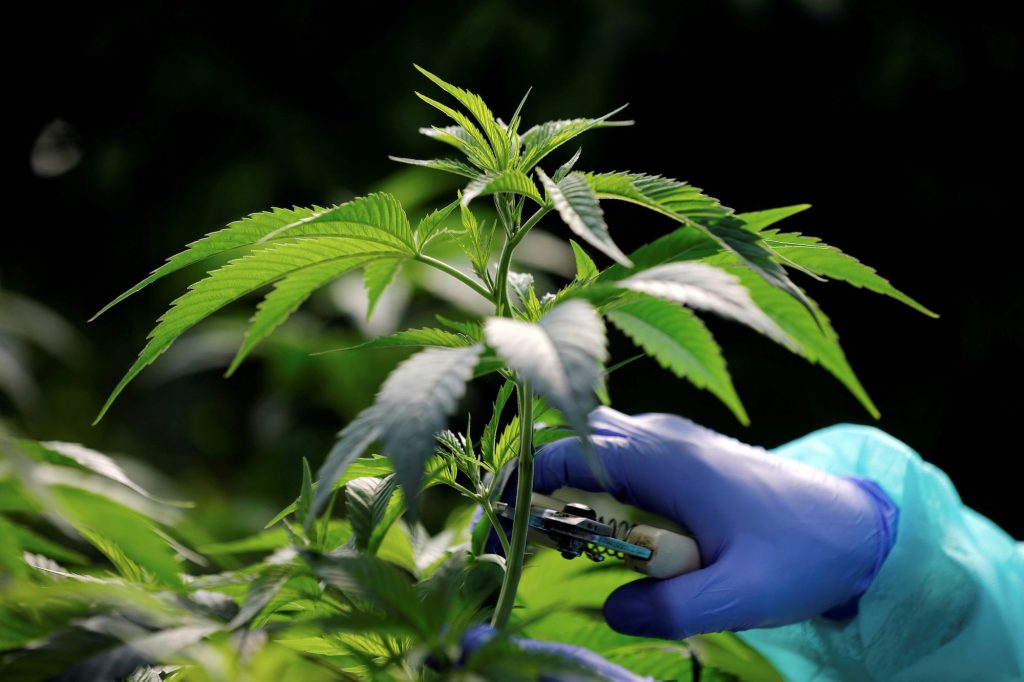- Several states have issued recalls of legal weed due to contamination with bacteria, mold, and pesticides.
- Cannabis testing requirements vary by state and may lack government oversight, one expert said.
- This can lead to discrepancies in cannabis quality, and potentially risky products being released to medical patients.
Nearly 100 medical cannabis products — including flower, concentrates, cartridges, and pre-rolled joints — have been recalled in Oklahoma, drawing attention to inconsistent regulations across state cannabis markets.
State regulators found unacceptable levels of mold, pesticides, and bacteria like E. coli and salmonella when double-checking tests done at a state-licensed laboratory.
Medical cannabis has been legal in Oklahoma since 2018. Like most other states with legal markets for cannabis, Oklahoma requires that all weed products grown or processed in-state get tested for fungus, bacteria, and pesticides at a licensed lab.
Other standard tests consider cannabis potency (based on the THC and CBD content), potential heavy metal contamination, and the amount of moisture retained in the product, according to Milan Patel, CEO and co-founder of molecular testing company PathogenDx.
Testing requirements vary from state to state, especially between states with scaled-up recreational markets — like California or Colorado — and those just opening up opportunities for medical cannabis, Patel told Insider.
"There's a disconnect between states that have really well thought-out regulations and other states that haven't really set a limit," he said.
States like Oklahoma and Arizona, where Patel works, have some "loopholes" in regulations that may allow contaminated products to end up in the hands of medical cannabis patients, many of whom have conditions that make them more vulnerable to disease.
People have gotten sick from cannabis tainted with mold
State regulators most likely began re-testing medical cannabis as part of a "secret shopper" program, Patel said. To make sure licensed labs are up to snuff, some states have begun purchasing samples of medical or recreational cannabis and testing them at separate labs to confirm their results.
In other cases, outbreaks of illness associated with legal weed have prompted large-scale recalls and testing. At least 18 people got sick after consuming cannabis tested by Viridis Labs in Michigan last year, with reactions ranging from serious hospitalizations to mild allergy symptoms, MLive reported.
The state's Marijuana Regulatory Agency recalled about 64,000 pounds of cannabis flower for retesting in November 2021. While the agency didn't reveal how much of the product was found to be contaminated, they disclosed that several samples failed testing for aspergillus, E. coli, and salmonella.
However, attorneys representing Viridis labs overturned a portion of the recall less than a month later, releasing potentially contaminated cannabis back into the market, MLive reported.
Given how many people consume cannabis by smoking it, aspergillus and similar pathogens pose a greater risk of infecting the lungs when found in cannabis flower, Patel explained. When regulating medical markets where many consumers have compromised immune systems, "you don't want to take that chance," he said.

